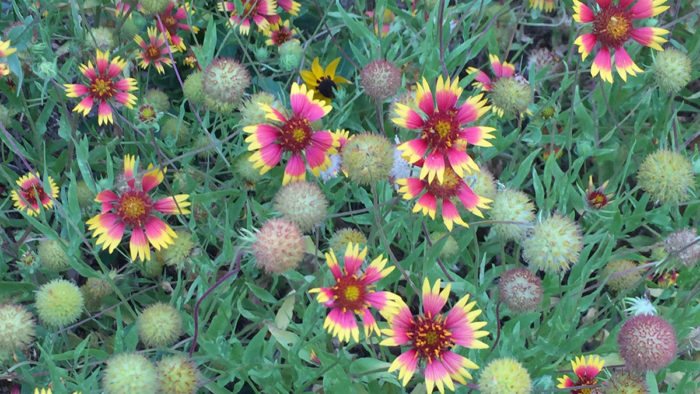
March is a golden month of opportunities in the Southern Plains garden. While the early summer months may be filled with more actual growth, March is the month when anything is possible and the garden is full of potential. What you sow, transplant, and prepare now will determine your yields later. Here are several items to add to your to-do list this month.
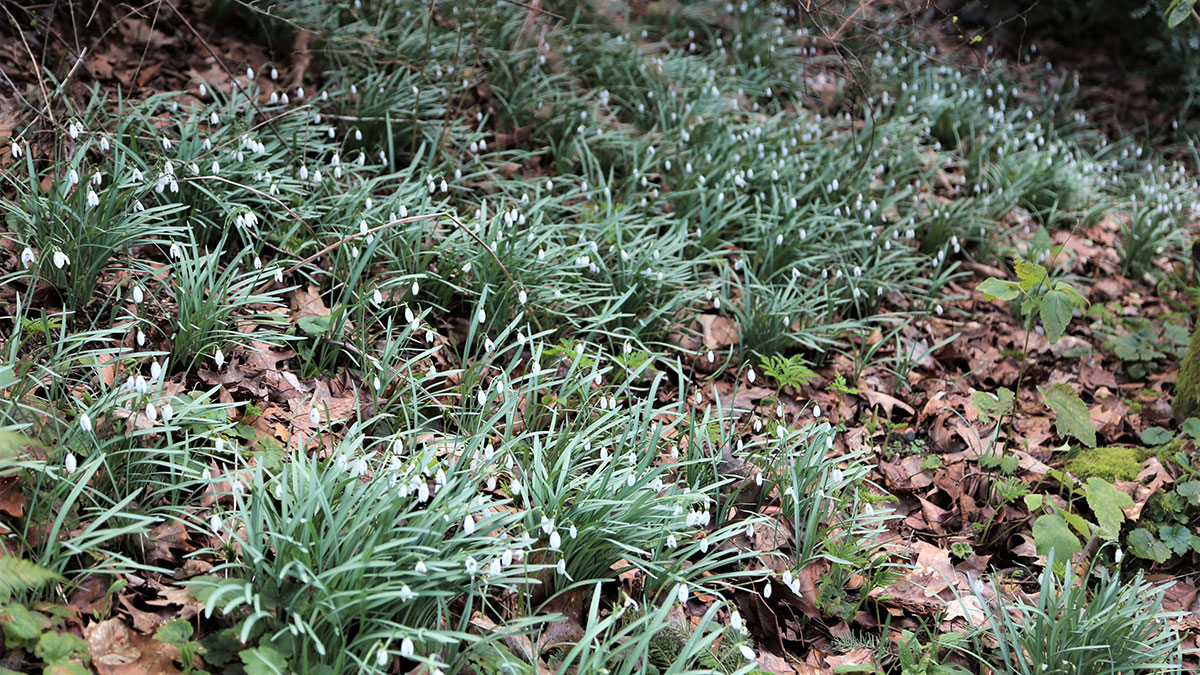
Divide perennials. March is a good time to divide and transplant perennials, with transplants having time to establish good roots before the onset of summer heat. Spring-blooming bulbs are looking amazing right now, and we can start deciding which bulbs we want to (or desperately need to) divide and where to plant summer-flowering bulbs.
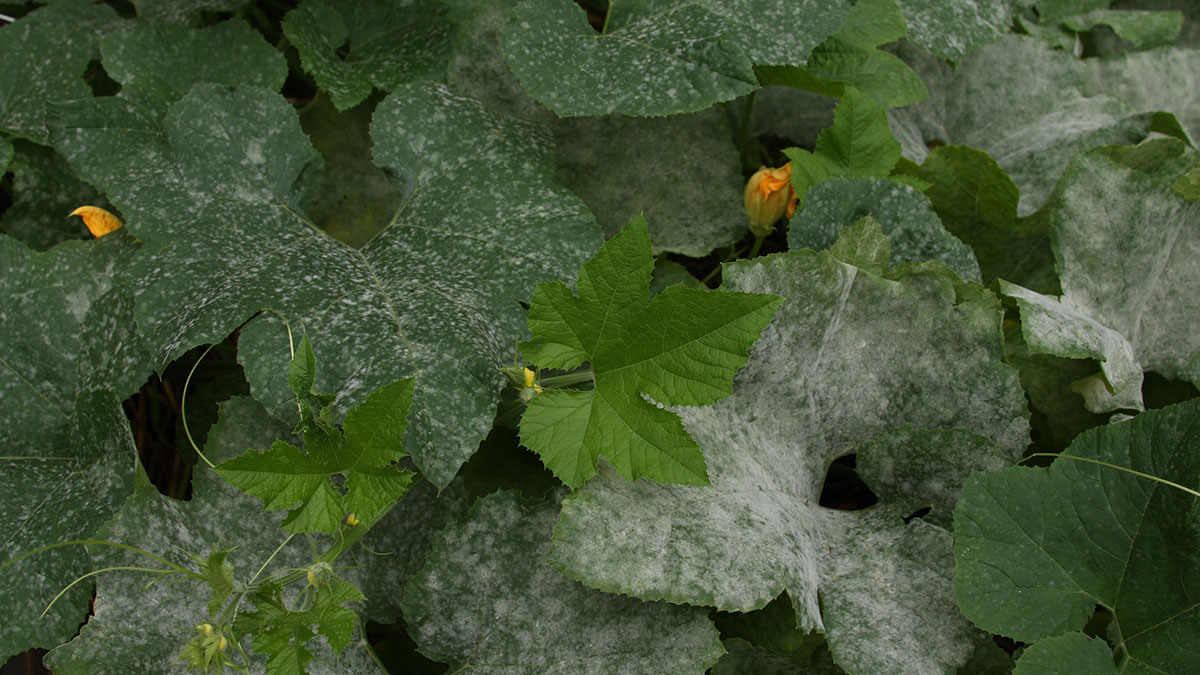
Check for powdery mildew. Check new green foliage on crape myrtles (Lagerstroemia spp. and cvs., Zones 6–9), roses (Rosa spp. and cvs., Zones 3–9), and squash for powdery mildew. Milk has been shown to be an effective treatment when sprayed on affected leaves. Spray every five to seven days as needed. If needed, Serenade® and Actinovate® are safe commercial fungicides.
 |
 |
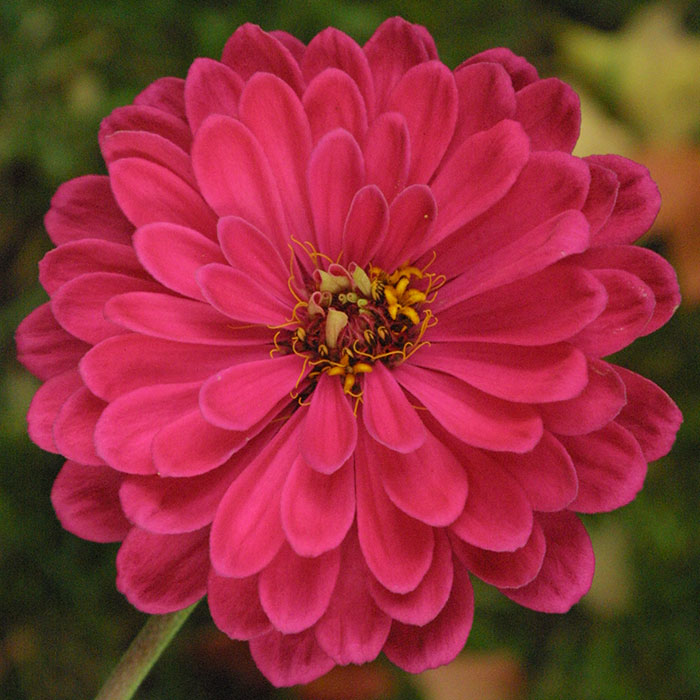 |
| Later in the month after the last freeze, we can start planting annuals such as cosmos, sunflowers, and zinnias. Photos: Jennifer Benner (left, right); Rachel Young (center)
|
Plant and sow. March calls for a great deal of planting and sowing, so dust off your foam kneeler (or your knee pads) and grab your favorite digging tool. Luckily, planting and sowing are activities most gardeners have looked forward to all winter, especially those who didn’t tend a fall or winter garden.
- Veggies: In early March we can still plant cool-season crops such as lettuce, carrots, radishes, broccoli, cabbage, and collards. As we pass the average last freeze date (mid-March in Central Texas), we can start planting the warm-season bumper crops that most veggie gardeners get so excited about: tomatoes, peppers, corn, beans, squash, cucumbers, and cantaloupe.
- Herbs: Many herbs can be planted this month after the last freeze, including oregano, thyme, mint, rosemary, and lemongrass.
- Annuals: In the latter half of March we can sow sunny favorites such as cosmos (Cosmos bipinnatus and cvs.), zinnias (Zinnia elegans and cvs.), and sunflowers (Helianthus annuus and cvs.).
- Wildflowers: It’s not too late to transplant wildflowers such as bluebonnets (Lupinus texensis, Zones 3–9; early March only), Texas yellow star (Lindheimera texana, Zones 6–11), black-eyed Susan (Rudbeckia hirta, Zones 3–9), and blanket flower (Gaillardia pulchella, Zones 2–11).
- Ornamental grasses: Grasses such as pink muhly grass (Muhlenbergia capillaris, Zones 6–10) or Lindheimer’s muhly (Muhlenbergia lindheimeri, Zones 7–10) can be planted any time this month. Mexican feather grass (Nassella tenuissima, Zones 7–11) would rather be planted later in March.
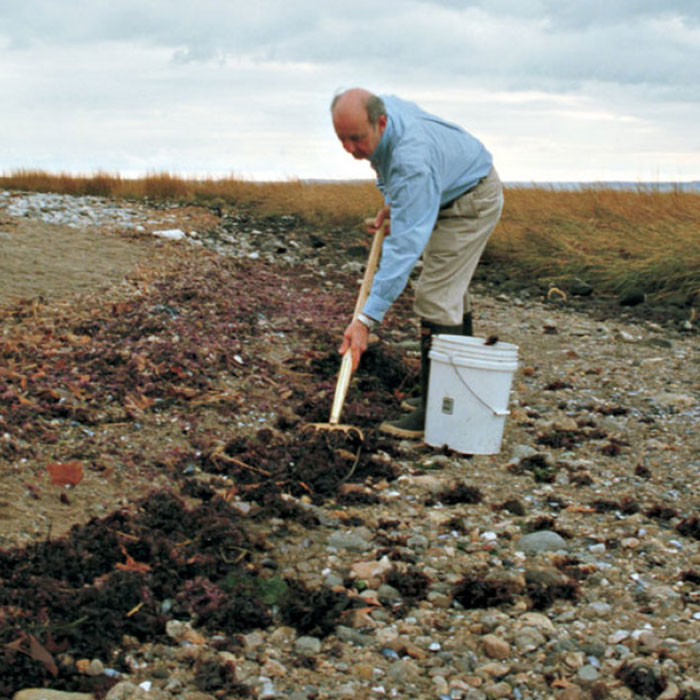
Apply liquid seaweed. Now is a great time to water in new transplants and seedlings with liquid seaweed. Seaweed provides great nourishment in the form of micronutrients, making it different from the typical N-P-K fertilizer. Maxicrop is the brand I favor, and it comes in a concentrated solution. Just 1 ounce diluted in a gallon of water is all you need for watering in new seedlings.

Do early lawn care. You’ve likely had to mow your lawn by now, perhaps even a few times if you live in the southern reaches of our area. Just make sure to mow before the weeds have set seed, and don’t fertilize your warm-season turf yet! Fertilizing should wait until April. Right now your turfgrass will be greening up by using energy stores from last fall, so it won’t need fertilizing quite yet.
—Karen Beaty is a horticulturalist at the Lady Bird Johnson Wildflower Center in Austin, Texas.
Fine Gardening Recommended Products

Chapin International 10509 Upside-Down Trigger Sprayer
Fine Gardening receives a commission for items purchased through links on this site, including Amazon Associates and other affiliate advertising programs.
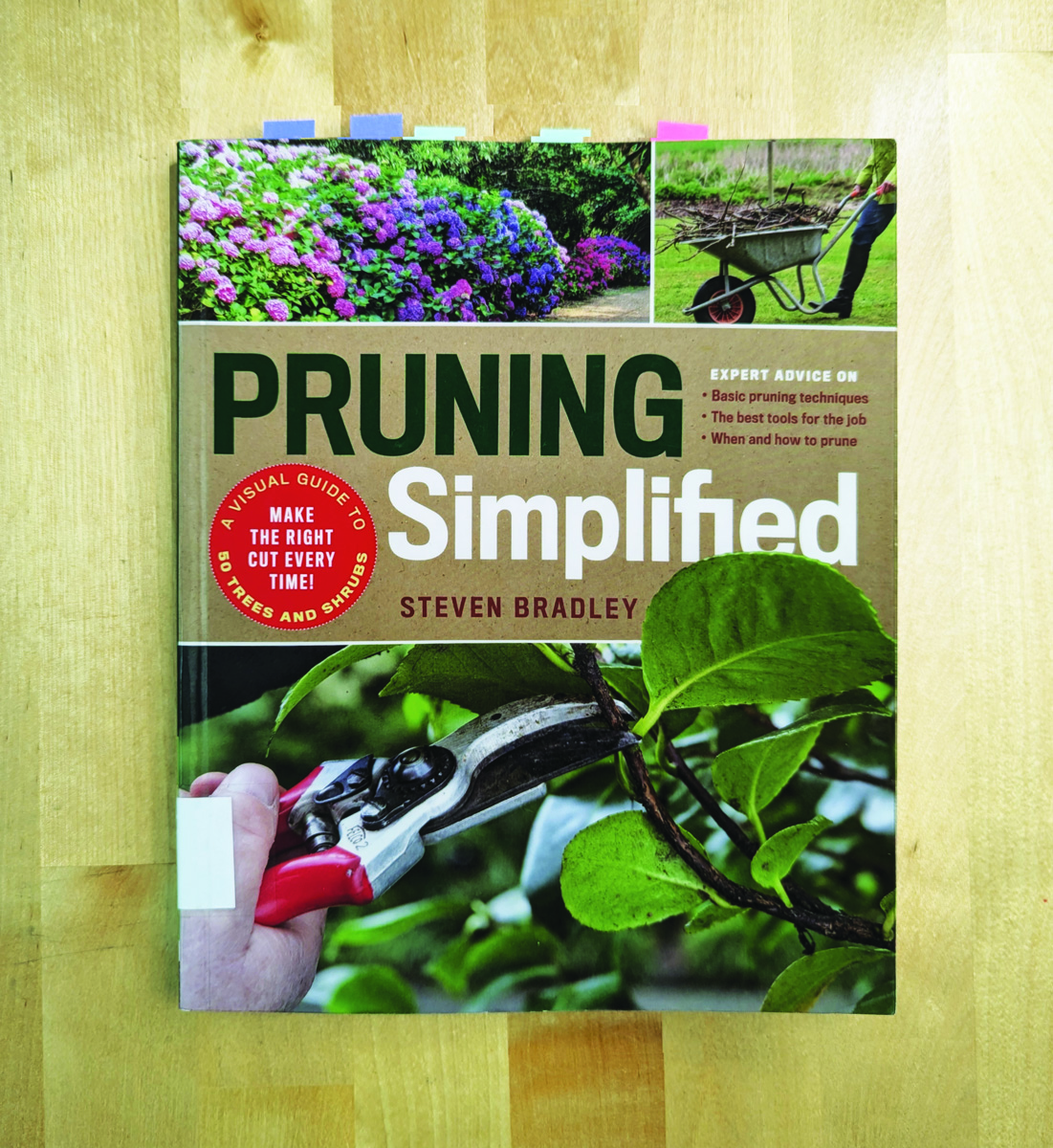
Pruning Simplified: A Step-by-Step Guide to 50 Popular Trees and Shrubs
Fine Gardening receives a commission for items purchased through links on this site, including Amazon Associates and other affiliate advertising programs.
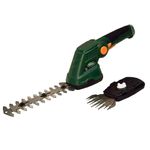
Scotts Cordless Grass-Shear/Shrub-Trimmer Combo
Fine Gardening receives a commission for items purchased through links on this site, including Amazon Associates and other affiliate advertising programs.
- 13.5 x 3 x 5 inches
- Uses a 7.2-Volt 2Ah high-capacity built-in lithium-ion battery; Includes a fast charger








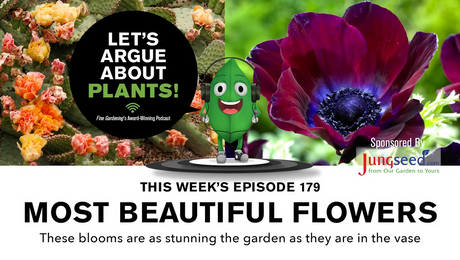










Comments
Log in or create an account to post a comment.
Sign up Log in